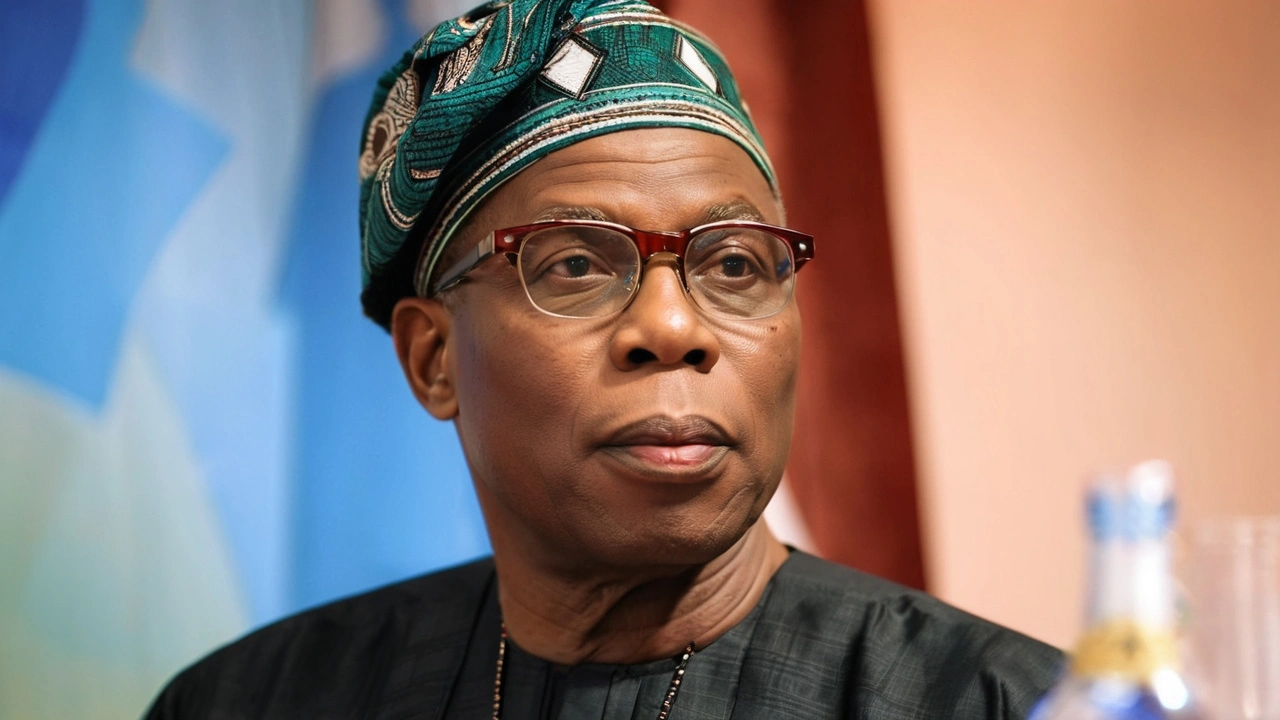Fuel subsidies often come up when we hear about rising petrol prices or government budget talks. But what exactly is a fuel subsidy, and why should you care? Simply put, a fuel subsidy is money the government uses to lower the price of fuel at the pump, making it easier for people and businesses to afford it. This can help control the cost of living and even influence inflation.
In South Africa, fuel prices can swing widely due to global oil markets and exchange rates. When prices spike, it hits wallets hard, especially for those relying on transport and goods delivery. That’s where subsidies come in, by softening the blow so prices don’t rise too quickly or too high.
Fuel subsidies can feel like a win for consumers because less tax means cheaper petrol, but the impact goes beyond just filling up your tank. Subsidies affect government budgets since they often mean less tax revenue. This can limit the funds available for other essential services like healthcare and education. It’s a balancing act between supporting consumers and managing the country's finances.
On the flip side, subsidies can sometimes discourage energy efficiency or investment in greener alternatives if cheap fuel remains the norm. Businesses might rely too much on inexpensive fuel, delaying moves to cleaner, long-term solutions.
Public debates continue around whether South Africa should keep fuel subsidies or reduce them to save government money and encourage renewable energy adoption. Meanwhile, consumers keep an eye on petrol prices, hoping for relief at the pump. Whether you drive daily or depend on transported goods, fuel subsidies have a direct impact on your day-to-day expenses.
Staying informed helps you understand why prices change and what government actions mean for your budget and the environment. So next time fuel prices jump or politicians discuss subsidies, you’ll know exactly how it plays out for you and the economy.
